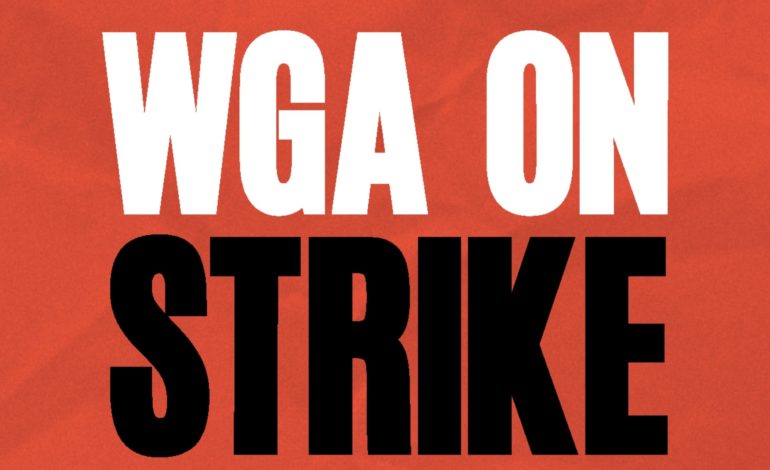

The WGA strikes have reached their 100th day, a landmark accomplishment and a sign of uncertainty. Most people believe that the length of the strike is a strong indicator of the WGA’s will to go beyond the previous strike in 2007-08, but they are also upset because it means a stalemate between the writers and the AMPTP studios.
Last week, the two sides met on August 4th in an attempt to broker a new agreement to help end the strikes. Unfortunately, these talks fell through as the two sides could not see eye to eye regarding payment and writer room sizes. “We just seem to be speaking completely different languages,” complained screenwriter Howard Gould. Despite what he believes to be reasonable requests for writers, “[the AMPTP are] just not interested in making that work for us.”
Many older members of the WGA have noted that the strikes today have a different general mood compared to the previous strike. As noted by Gould, “At 100 days, 15 years ago, we were pushing it exactly as far as we could push it. I don’t think we could have made it to 110.” Back then, many writers were able to get more deals than they knew what to do with and higher pay scales. Nowadays, writers are given more time crunches and less pay, restricted in their projects due to plenty of changes in the entertainment industry, from the rise of streaming to AI’s growing power. To most writers, as stated by former negotiating committee chair Billy Ray, it “feels like the normal course of business.”
So far, the impact of these strikes varies on the networks based on their mediums. While major film studios are struggling due to many production shutdowns, television networks are still going strong thanks to long-form unscripted programs like Master Chef and America’s Got Talent. Even so, they anticipate a fall season plummet with the lack of new seasons or series, leading them to rely on unscripted programs.
It is hard to say how long this strike will last, but thanks to SAG-AFTRA joining the fight, there is no doubt that Hollywood is in the midst of radical change. “It’s just absolutely outright war. Whoever has greater resources and willpower and a larder of supplies is going to win,” former labor relations VP Jeff Ruthizer said.
